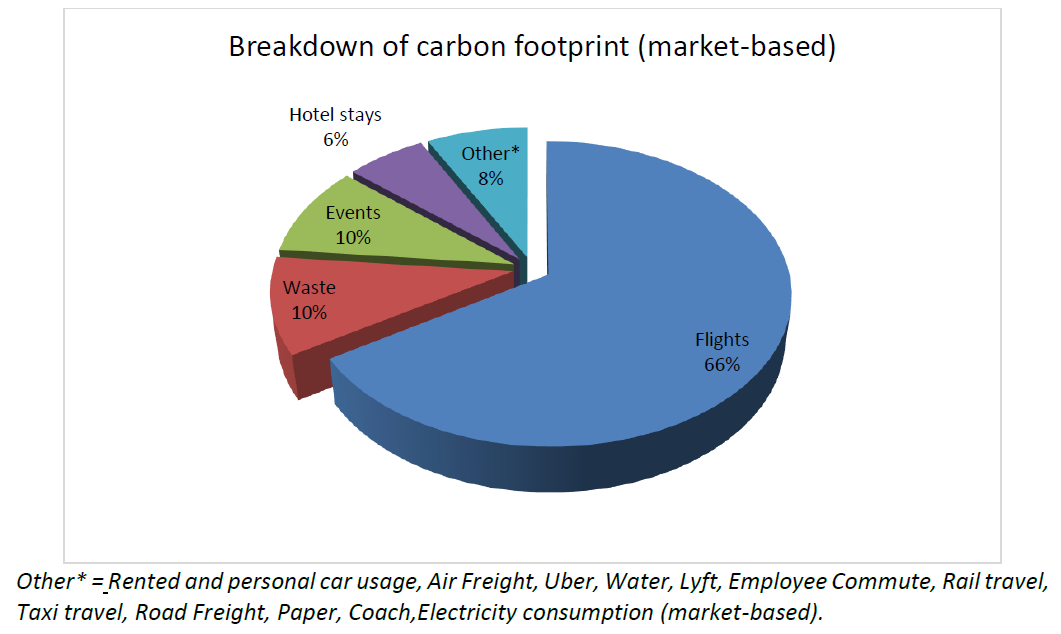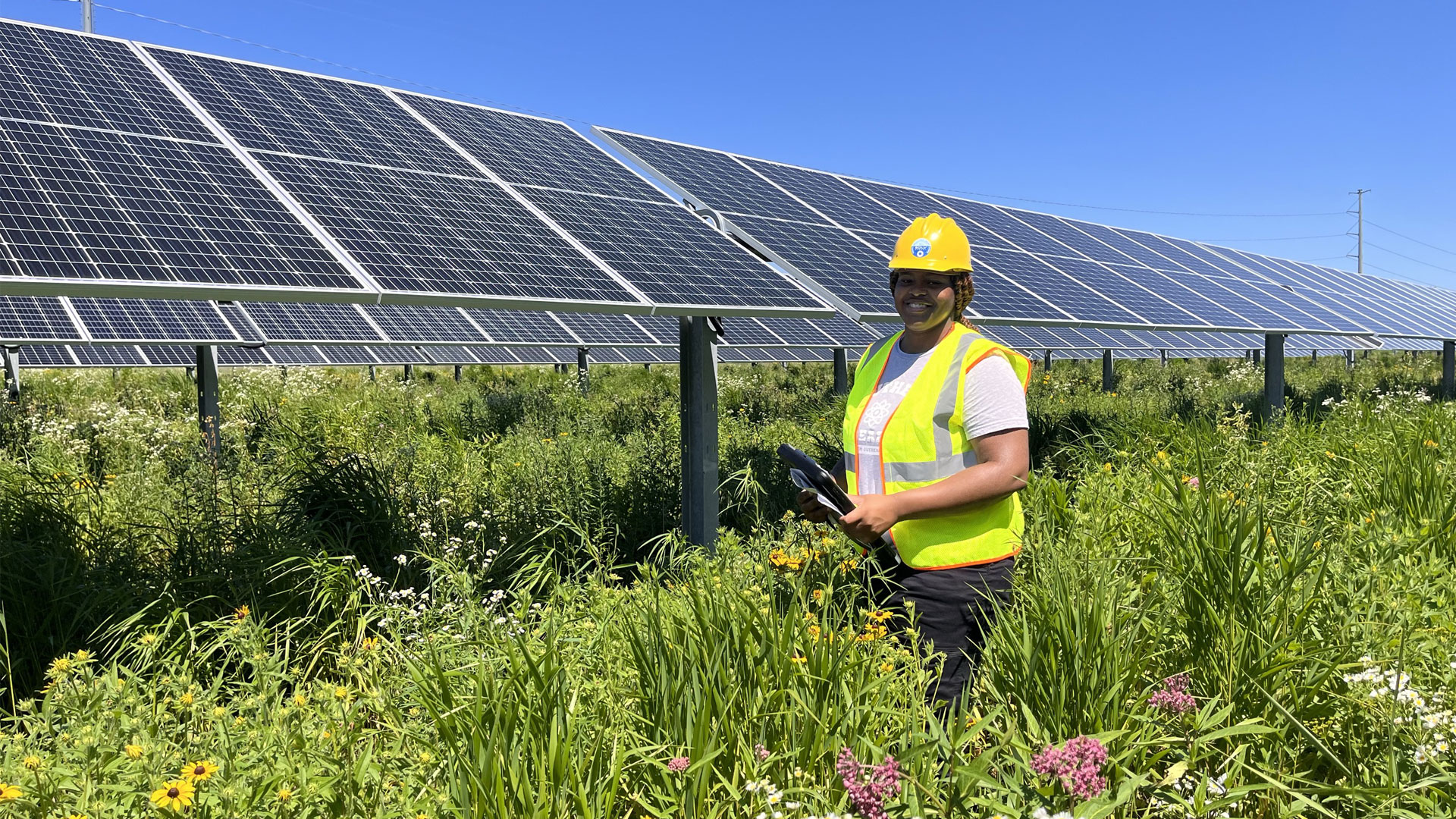Sol Systems is committed to operating our business in ways that safeguard the planet and uplift people, the internal employee-led Sustainability Task Force (STF) is one example of this. STF supports the company’s ambitious carbon reduction goals – at corporate and project-level - and offers tools for employees to reduce their carbon footprint at work and home. Since 2019, Sol Systems’ STF has calculated its carbon footprint, implemented ways to reduce emissions, and developed a strategy for remaining emissions. For the past four years, Sol Systems has purchased carbon offsets for over 100% of our Scope 1, 2 and 3 GHG emissions. Most recently, we purchased 195 carbon credits from Carbon Footprint Ltd, to offset 110% of our 2023 emissions and remain carbon negative. Sol Systems has gone a step beyond just offsetting our Scope 1, 2 & 3 emissions, purchasing carbon credits that exceed our emissions to be certified as Carbon Neutral Plus by Carbon Footprint Ltd.
Energy Efficiency Carbon Credits: To address 2023 emissions, Sol Systems prioritized domestic carbon credits available through Carbon Footprint’s marketplace which meets the Quality Assurance Standard (QAS) for Carbon Offsetting. The only US-based carbon credits were from energy efficiency initiatives at the University of Illinois Urbana-Champaign. To generate these carbon credits, the university used a comprehensive approach that included launching dedicated retrocommissioning/recommissioning teams to optimize building systems, modernizing facilities through major renovations, adding high-efficiency gas boilers at its cogeneration power plant, and implementing comprehensive lighting retrofits. The funding that the university receives from its carbon credit program is reinvested into campus projects to help achieve strategic sustainability goals outlined in the university’s Illinois Climate Action Plan (iCAP).
Energy Efficiency Carbon Credits: To address 2023 emissions, Sol Systems prioritized domestic carbon credits available through Carbon Footprint’s marketplace which meets the Quality Assurance Standard (QAS) for Carbon Offsetting. The only US-based carbon credits were from energy efficiency initiatives at the University of Illinois Urbana-Champaign. To generate these carbon credits, the university used a comprehensive approach that included launching dedicated retrocommissioning/recommissioning teams to optimize building systems, modernizing facilities through major renovations, adding high-efficiency gas boilers at its cogeneration power plant, and implementing comprehensive lighting retrofits. The funding that the university receives from its carbon credit program is reinvested into campus projects to help achieve strategic sustainability goals outlined in the university’s Illinois Climate Action Plan (iCAP).
Sol Systems & The University of Illinois: Sol Systems was the project developer for the university’s Solar Farm 2.0, a 12.3 megawatt (MWdc) array. The solar farm, energized in 2021 and completed using zero waste construction methods, produces 20,000 MWh of clean electricity annually through bifacial panels and single-axis trackers. The installation supports ongoing research collaborations for pollinator habitats and agrivoltaics and hosts periodic K-12 and community educational tours.
Transparency and Accountability: Sol Systems openly shares details about our carbon footprint and purchase of carbon offsets. We believe that transparency is essential in building trust with stakeholders and setting a positive example to encourage other companies to adopt similar practices. Below we have included a breakdown of Sol Systems’ carbon footprint in 2023, audited by Carbon Footprint Ltd. Business travel continues to be the majority of emissions; the Sustainability Task Force is consistently looking for ways to cut emissions here before the use of carbon offsets.

Setting a Standard for Local Community Impact: Sol Systems' work with the university on Solar Farm 2.0 and its continued focus on organizational carbon reduction goals serve as a model for other mid-sized renewable energy developers. In coming years, Sol Systems plans to find more ways to reduce our emissions and remain beyond carbon neutral by sourcing high quality carbon credits from US-based projects, prioritizing carbon reduction and removal that can be completed on our solar projects and in the communities where they are located.



